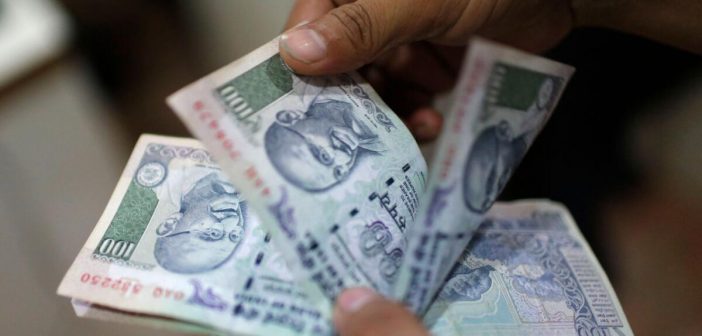As Pune’s urban fringes expand and rural areas increasingly integrate into the broader economy, financial inclusion has become a critical focus for both policymakers and private institutions. Among the initiatives driving this transformation is the revival of pygmy savings schemes—small deposit collection systems offering doorstep services. These schemes are especially significant in newly developing regions and rural parts of Pune, providing residents with easy access to financial tools that encourage savings and economic stability.
The Pygmy Savings Model: An Overview
Pygmy savings schemes, typically managed by banks, non-banking financial companies (NBFCs), or cooperative societies, involve daily or weekly collections of small amounts from account holders. Agents visit customers at their homes or workplaces, making the process convenient for individuals who may not have the time, knowledge, or resources to access formal banking systems.
In rural parts of Pune and the growing peripheral areas, where banks and ATMs are sparse, this doorstep banking service provides an alternative solution for saving. Customers can contribute as little as ₹10 to ₹100 daily, gradually accumulating a small savings corpus without the need to visit a physical bank.
Key Benefits of Pygmy Schemes in Rural and Developing Areas
- Financial Inclusion for the Unbanked
Despite various government efforts like the Pradhan Mantri Jan Dhan Yojana, many residents of rural Pune remain unbanked due to a lack of access to financial institutions. The pygmy savings schemes fill this gap by providing an easy-to-understand savings mechanism that reaches the doorstep. This accessibility empowers low-income households, daily wage workers, and farmers to save regularly without the formalities and complexities of regular bank accounts. - Convenience and Trust
One of the significant barriers to formal banking in rural areas is the lack of familiarity with digital banking or modern financial systems. Pygmy agents, who are often local residents, foster trust within communities. Their daily interactions build confidence among the people, encouraging them to save more over time. Additionally, the ease of having money collected from home reduces the effort required for financial transactions, making it a popular choice in areas with limited infrastructure. - Boosting Local Economy
The savings accumulated through pygmy schemes are often used by participants to invest in small businesses, agriculture, or education. In rural areas, these funds help residents withstand financial shocks like crop failure or medical emergencies, thus stabilizing local economies. Moreover, these small savings give individuals the ability to access microloans or other banking services in the future, further integrating them into the formal economy. - Encouraging Women’s Participation in the Financial System
In rural Pune, where patriarchal norms often limit women’s financial independence, pygmy schemes have proven particularly beneficial. Many women, including homemakers, are now actively saving through these schemes, empowering them economically. The portability of this system is attractive, especially for women who are less mobile due to societal constraints.
Facts and Figures
- Bank of Maharashtra, one of the prominent providers of pygmy savings services in Pune, reported that nearly 30% of its new rural customers come through doorstep banking schemes, including pygmy accounts.
- According to local cooperative societies, the monthly average deposits in rural pygmy schemes have grown by 15% year-over-year, indicating increasing trust and participation.
- As per a survey conducted by the Pune District Cooperative Union, over 65% of pygmy account holders in rural areas are first-time savers, highlighting the role these schemes play in promoting financial inclusion.
- A state-wide financial inclusion report found that about 45% of residents in developing areas of Pune are benefiting from pygmy savings schemes, with over 70% of the collected savings being reinvested in local agricultural activities or small businesses.
Challenges and Future Prospects
While pygmy savings schemes have successfully penetrated rural and developing regions of Pune, they are not without challenges. One significant issue is the lack of regulatory oversight in some NBFC-led schemes, which could lead to cases of fraud or mismanagement. Additionally, as more rural areas gain access to digital banking, the relevance of traditional savings models like pygmy schemes might come under scrutiny.
However, for the foreseeable future, these schemes remain indispensable in areas lacking formal banking infrastructure. With the potential for integrating digital elements—such as SMS updates or mobile-based collections—these schemes could evolve to meet the growing aspirations of rural Pune.
Conclusion
Pygmy savings schemes with doorstep service are proving to be a game-changer for residents of rural and developing areas in Pune. By offering an accessible and trustworthy method of saving, these schemes are fostering financial inclusion, boosting local economies, and empowering marginalized communities, particularly women. As Pune continues to grow, both economically and geographically, pygmy savings services will remain an essential tool in ensuring that no one is left behind in the journey toward financial prosperity.





